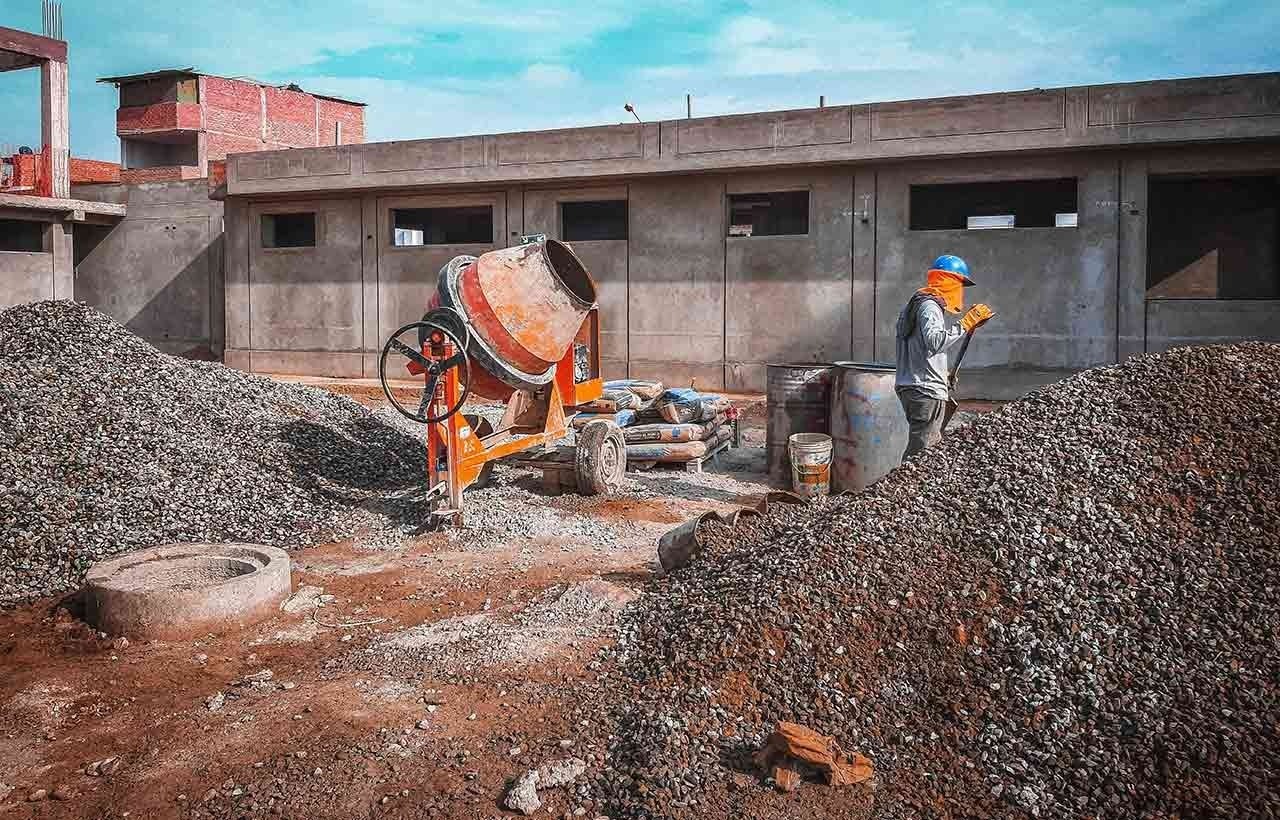Steel is a widely used material in various industries due to its exceptional strength, durability, and versatility. In this blog post, we will delve into the world of steel materials, exploring their different types, applications, and advantages. Whether you are involved in construction, manufacturing, or engineering, understanding the commonly used steel materials can help you make informed decisions and optimize your projects.
- Carbon Steel:
Carbon steel is one of the most commonly used steel materials, known for its high strength and affordability. It contains varying amounts of carbon, which determine its properties. Low carbon steel is malleable and easy to weld, making it suitable for applications such as construction beams and automotive parts. Medium carbon steel offers increased hardness and wear resistance, making it ideal for tools and machinery. High carbon steel, on the other hand, is exceptionally strong and used in applications like springs and cutting tools. - Stainless Steel:
Stainless steel is renowned for its corrosion resistance and aesthetic appeal. It contains a minimum of 10.5% chromium, which forms a protective oxide layer on the surface, preventing rust and staining. Stainless steel is widely used in the food and beverage industry, medical equipment, architecture, and automotive components. Its various grades, such as 304, 316, and 430, offer different levels of corrosion resistance, strength, and heat resistance, catering to specific applications. - Alloy Steel:
Alloy steel is a versatile material that combines iron with other elements like chromium, nickel, or molybdenum to enhance its properties. This type of steel offers improved strength, toughness, and wear resistance compared to carbon steel. Alloy steel is commonly used in the aerospace industry, oil and gas exploration, and automotive manufacturing. Its different grades and compositions allow engineers to tailor the material to meet specific requirements, such as high-temperature resistance or impact resistance. - Tool Steel:
Tool steel is specifically designed for the production of tools, dies, and molds. It possesses high hardness, wear resistance, and heat resistance, making it suitable for cutting, shaping, and forming materials. Tool steel is classified into different types, including high-speed steel (HSS), cold work steel, hot work steel, and plastic mold steel. Each type has unique properties that cater to specific tooling applications, ensuring optimal performance and longevity.
Conclusion:
Understanding the commonly used steel materials is crucial for professionals across various industries. Whether you are involved in construction, manufacturing, or engineering, choosing the right steel material can significantly impact the success and longevity of your projects. From the affordability of carbon steel to the corrosion resistance of stainless steel and the versatility of alloy and tool steel, each material offers unique advantages. By considering the specific requirements of your application, you can select the most suitable steel material and optimize your project's performance and durability.

